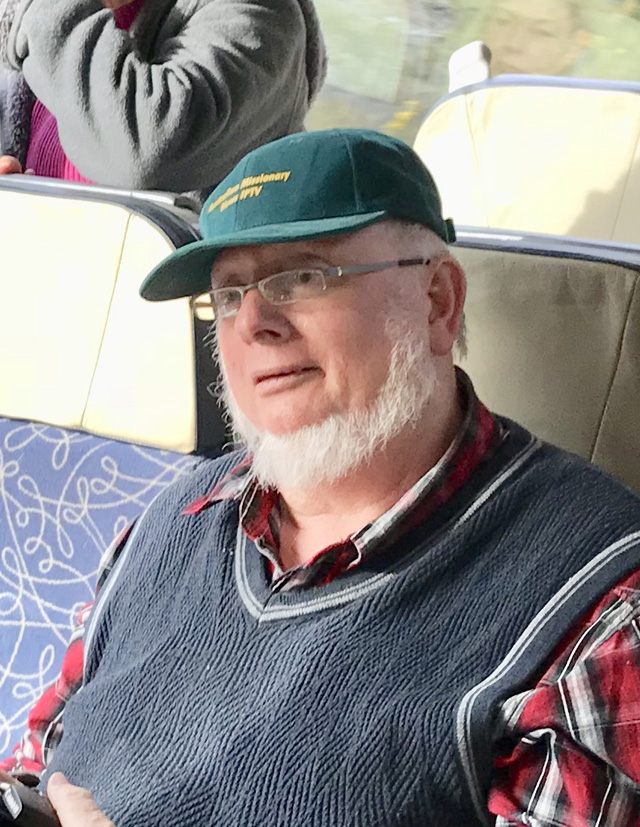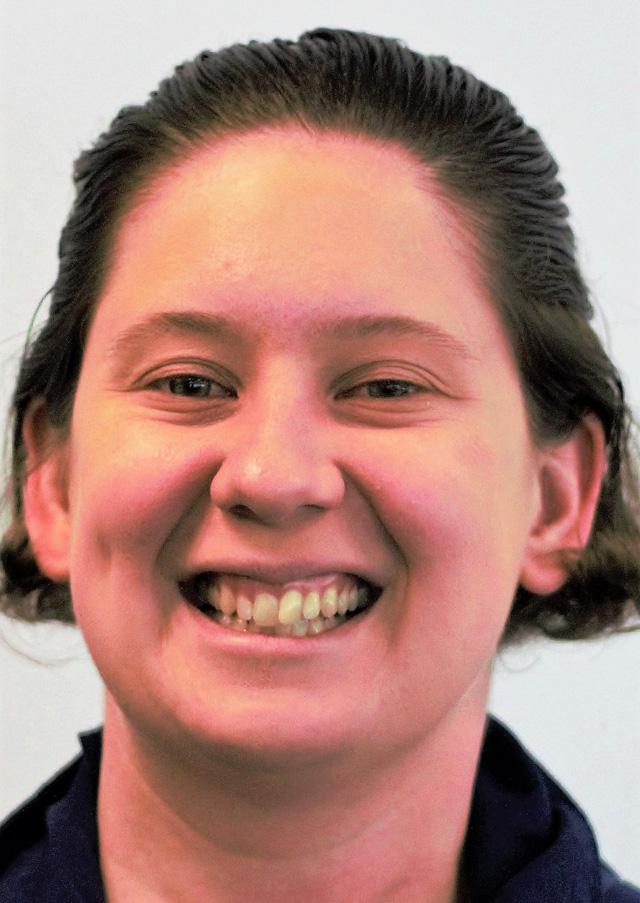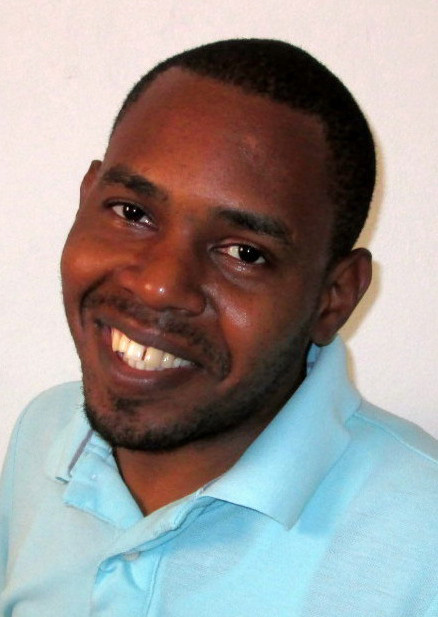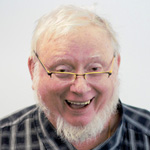
for 41 years
So much of the comment in the secular press on the school chaplaincy program has a bent for it, that I rejoiced when I read an article in the secular press that put some proper light on the matter.
Audrey Stratham is a Research Associate Health in Society Research Network, School of Social Sciences at Monash University in Melbourne and in her article published in The Conversation tackles the school chaplaincy issue in the light of secularism as it has been historically understood and developed in Australia.
What we see in this article is not the hysteria of anti-Christian columnist and news reporting lobbyists, rather a seasoned, thoroughly well researched document that in effect affirms, that the Government's school chaplaincy model is in alignment to historical and existing Australian standards (religious or not).
The challenges to the school chaplaincy program are in effect, coming from both humanist and hedonistic agendas that have had no place in Australian main stream life but have had a voice in the Australian counter-culture from our earliest times.
The counter-culture has always been there, but never had even a modicum of a voice in the main stream of Australian society. The nature of the centenary of WWI is evidence of this as is the WWII veterans whereby these men went and did their duty as they saw it, not for the counter-culture but for their wives and families in the main stream.
Whatever the pit-falls of the Vietnam War's politics, the early anti-war protest was not a main stream agenda, it was the counter-culture's protest mixed in with a lot of pink politics. But by 1972 much of the nation saw the Vietnam War as not theirs and the nation spoke thrusting Gogh Whitlam into power. This was the big-issue for when the Vietnam vets came home – they were not heroes. They were deemed villains.
Australian history sees secularism as very different to elsewhere in the world. Many are not even aware that chaplaincy goes back a long way in secular Australia, as there were Australians chaplains with our boys in the Boer War. There are chaplains in industry, commerce, youth, sport, welfare, hospitals, the military, prisons, respite, nursing homes and the like.

in faith financed mission
The numbers
Reverend Dr Rowland Croucher the Pastor's Pastor of John Mark Ministries recently cited that of the 25 largest charities in Australia, 23 are faith based and many of them have chaplaincy services. Dr David Milikin way back in 1982 in his book The Sunburnt Soul of which there was a Compass Television program made, cited that 82% of all Australian welfare is provided by the Christian Church – the Australian version of the secular.
Audrey Stratham concludes her insightful article with this:
“Social conditions necessary for exercising democratic freedoms don’t just materialise out of thin air; they need to be created. If non-religious and religious Australians are to collaborate together in fostering social conditions that can reinvigorate a democratic way of life, then the Australian lived experience of secularism needs to be cherished.”

“apologetics” mission with university students
Secular
In France for example, the “secular” is very distinctive, where laïcité prohibits the wearing of conspicuous religious apparel, such as large crucifixes, Jewish skull caps and Islamic headscarves in state schools.
Australian secularism is very different as Audrey Stratham explains:
“The standpoint of lived experience in Australian society, Australian secularism includes as its most fundamental and precious value the freedom of citizens to be non-religious or religious, and the freedom to co-exist and engage democratically with others who have very different worldviews from one’s own.”
In other words, the taxes of those who are religious have a value for being put back into the society for religious 'secular' services. The same is said for the non-religious for non-religious values. This is pluralism Australian style.
Audrey Stratham gives an academic flavour:
“Recovering the understanding of 'secular' as an inclusive term is vital for creating an environment that is not exclusionary of those who have religious faith or those who don’t – but, rather, as an environment that encourages the participation of diverse perspectives.”
My conclusion
What all this says, in my view, is that both arguments can be put, that school chaplaincy can either be a religious affair as is the current Government policy for chaplaincy services, or it can be both – both are legitimate and the Government of the day determines which it is.
This Government has the retention of school chaplaincy as one of their platforms. They have determined school chaplaincy is associated with the religious. This is legitimate 'secular' Australia. Labor’s Senator Doug Cameron this very week wants a secular school system and that for many is code for cutting ‘school chaplaincy’.
43 years
 Dr Mark Tronson is a Baptist minister (retired) who served as the Australian cricket team chaplain for 17 years (2000 ret) and established Life After Cricket in 2001. He was recognised by the Olympic Ministry Medal in 2009 presented by Carl Lewis Olympian of the Century. He mentors young writers and has written 24 books, and enjoys writing. He is married to Delma, with four adult children and grand-children. Dr Tronson writes a daily article for Christian Today Australia (since 2008) and in November 2016 established Christian Today New Zealand.
Dr Mark Tronson is a Baptist minister (retired) who served as the Australian cricket team chaplain for 17 years (2000 ret) and established Life After Cricket in 2001. He was recognised by the Olympic Ministry Medal in 2009 presented by Carl Lewis Olympian of the Century. He mentors young writers and has written 24 books, and enjoys writing. He is married to Delma, with four adult children and grand-children. Dr Tronson writes a daily article for Christian Today Australia (since 2008) and in November 2016 established Christian Today New Zealand.
Mark Tronson's archive of articles can be viewed at http://www.pressserviceinternational.org/mark-tronson.html

Dr Mark Tronson - a 4 min video
Chairman – Well-Being Australia
Baptist Minister 45 years
- 1984 - Australian cricket team chaplain 17 years (Ret)
- 2001 - Life After Cricket (18 years Ret)
- 2009 - Olympic Ministry Medal – presented by Carl Lewis
- 2019 - The Gutenberg - (ARPA Christian Media premier award)
Gutenberg video - 2min 14sec
Married to Delma for 45 years with 4 children and 6 grand children